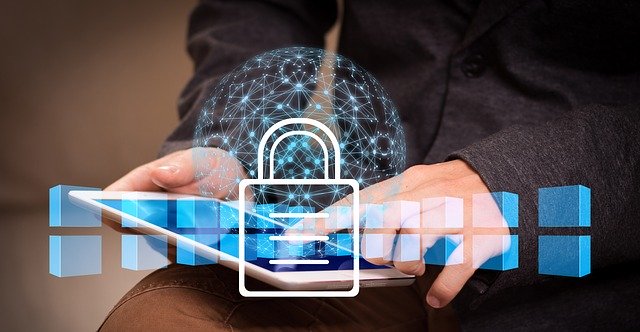CYBER SECURITY- A WORD MUCH MORE FOR MARITIME !!
The world is now smaller thanks to the introduction of the digital wave. In this era, information is key and information security is critical. As we sail through the digital age, we see multiple examples of large IT corporations developing complex software in their favor, yet being unable to protect their information. The importance of matching an elite level of cybersecurity is such a basic need today. The world is aware of the ill effects of cyber-attacks and how notorious they can turn out, and all the things you know apply to the maritime industry too. From the safety of the crew aboard the vessel carrying cargo to the destination port, safety cannot be compromised. Disruption and manipulation of IT systems, onboard hardware and sensors, and data leak from unauthorized access, are the problems in question and your cybersecurity policies and plans must be ready to defend against and eliminate any such imminent issues.
The history of cybersecurity began when a man named Bob Thomas learned it was possible for a program to move onto other networks leaving a trail wherever it went. Later in 1988, Robert Morris, who wished to gauge the size of the internet, wrote a program designed to propagate across networks using a known bug which would multiply by copying itself. The instruction turned out to be a mistake and the need for cybersecurity sparked in people’s minds. As fast changing as those times were, the internet and malware grew hand in hand and the rest is history. Fast forward, the first-ever malware conference, MALCON takes place in India in 2010. As the internet kept growing, more problems arose as Wiki-leaks published the documents from the 2016 Democratic National committee, announcing to the world that cybersecurity is not to be taken lightly.
But how does it affect maritime? IT security or Information Technology security are set strategies that prevent unauthorized access to computers, networks, and data. Blocking the access of sophisticated hackers and other malware practitioners, it ensures the confidentiality of saved sensitive information. On the other hand, OT or Operational Technology is the hardware and software input that detects and modifies through monitoring/ controlling of physical devices, processes, and events in order to safeguard it from a cyber-attack.
Most important is data transfer. It is a common process and is one of the key places to safeguard as the common data transfer from the shipping company to the vessel and vice versa is at as much risk as any other computer program on the planet. Followed by problems faced by onboard equipment and hardware that not all crew member understands or have the technical knowledge to look into. Such handling, loss, or even manipulation of data, could be critical for the operation of a ship. Furthermore, the issues that could occur, may the vessel’s systems get attacked by hackers. Taking such extreme yet common scenarios into consideration, it’s high time the maritime industry invests equal importance into its cybersecurity matching its real-world security.
